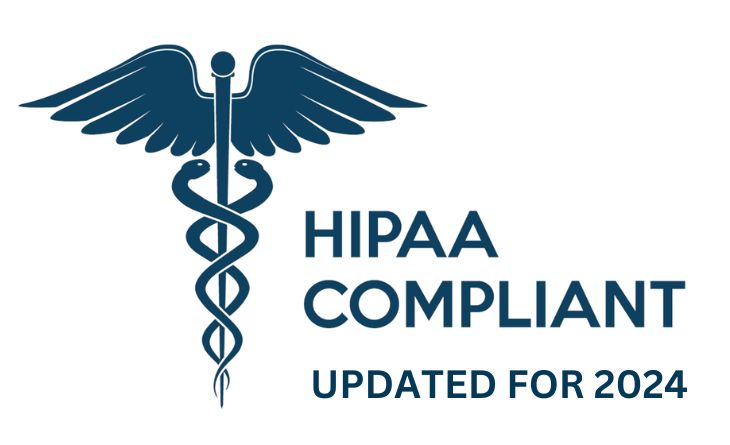In this article we share detailed information on Understanding HIPPA Compliance.
In the healthcare industry, safeguarding patient information is paramount.
This responsibility falls under the purview of the Health Insurance Portability and Accountability Act (HIPAA), which sets forth stringent guidelines to ensure the privacy and security of sensitive health data.
But how many people know the importance of what is HIPAA compliance?
Understanding how to adhere to its regulations is important for navigating the complex landscape of healthcare data management. Delve into the article to get the answers.
Covered Entities: The Core of HIPAA Compliance
Central to HIPAA compliance are covered entities, which include a wide range of healthcare providers, health plans, and healthcare clearinghouses.
These entities play an important role in delivering, paying, and administering healthcare services, making them custodians of vast amounts of protected health information (PHI).
Covered entities include hospitals, clinics, pharmacies, health insurance companies, and even certain government agencies involved in healthcare.
Compliance with HIPAA is not optional for covered entities—it’s a legal obligation.
These organizations must implement robust safeguards to protect the privacy and security of PHI.
This entails adopting stringent administrative, physical, and technical measures to prevent the unauthorized access or disclosure of patient information.
From implementing encryption protocols for electronic health records to establishing stringent access controls, covered entities must leave no stone unturned in their quest for HIPAA compliance.
Covered entities must ensure that their staff members are adequately trained on the regulations and proper handling of PHI.
This includes educating the employees on the importance of patient confidentiality and the potential consequences of non-compliance.
By fostering a culture of compliance within their organizations, covered entities can mitigate the risk of data breaches and uphold the trust of their patients.
Business Associates: Partners in Compliance
While covered entities are primarily responsible for HIPAA compliance, they often rely on third-party vendors and service providers to support their operations.
These entities, known as business associates, play an important role in the healthcare ecosystem by providing various services, such as medical billing, IT support, and legal counsel.
The involvement of business associates introduces additional layers of complexity to HIPAA compliance.
Recognizing this, HIPAA extends its regulatory reach to encompass these entities, holding them equally accountable for safeguarding PHI.
Business associates must enter into formal agreements with covered entities, known as business associate agreements (BAAs), outlining their obligations regarding handling PHI.
Under HIPAA, business associates must implement appropriate safeguards to protect PHI and comply with the same standards as covered entities.
This includes conducting regular risk assessments, implementing data encryption measures, and establishing policies and procedures for HIPAA compliance.
Additionally, business associates must notify covered entities in the event of a data breach and cooperate fully with investigations by regulatory authorities.
The Scope of HIPAA Compliance
Is it essential to understand what is HIPAA compliance? Shortly, the answer is yes.
The specific requirements and obligations may vary depending on the size, complexity, and nature of the covered entity or business associate.
For instance, small physician practices may have different compliance needs than large hospital systems or health insurance companies.
HIPAA compliance remains a cornerstone of data privacy and security in the ever-evolving healthcare landscape.
Covered entities and business associates must recognize their respective roles and obligations in safeguarding patient information.
By implementing robust policies, procedures, and safeguards, these entities can uphold the integrity of the healthcare system and preserve patients’ trust.
In a digital age where data breaches are an ever-present threat, HIPAA compliance is not just a legal requirement—it’s a moral imperative.
Read Other Articles
Can a sinus headache cause neck pain?
How To Find an Established Dental Implants Provider?
- Understanding HIPAA Compliance: Obligations for Covered Entities and Business Associates - April 23, 2024
- Things to Invest in for the Easter Season in 2024 - March 29, 2024
- Why Experience Matters: Finding An Established Dental Implants Provider - March 29, 2024
